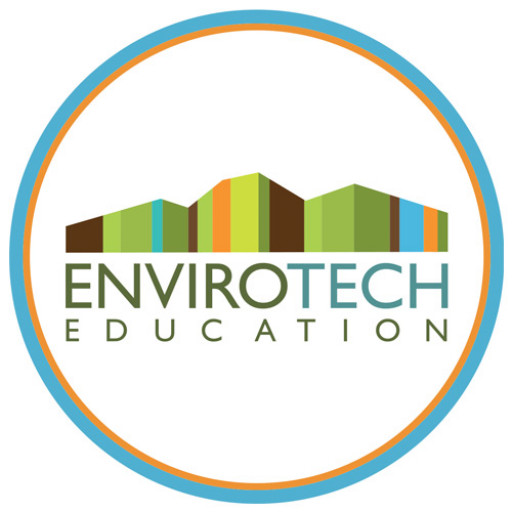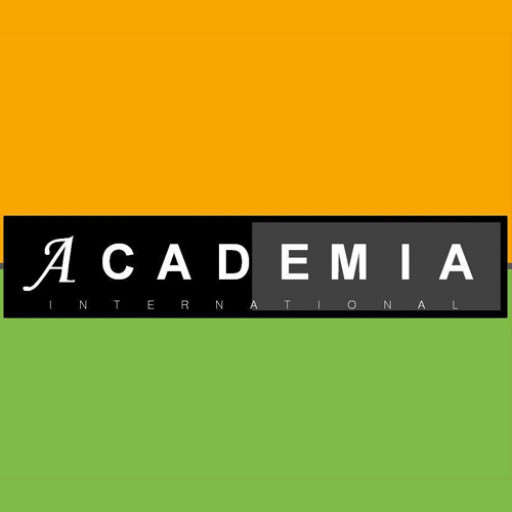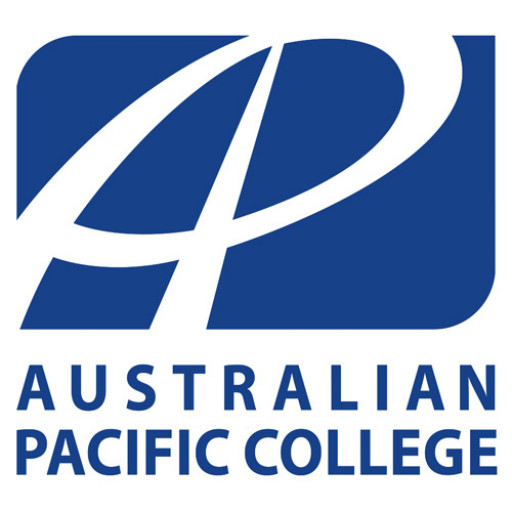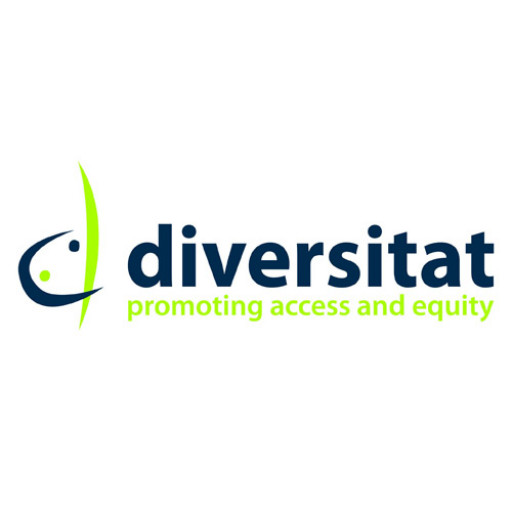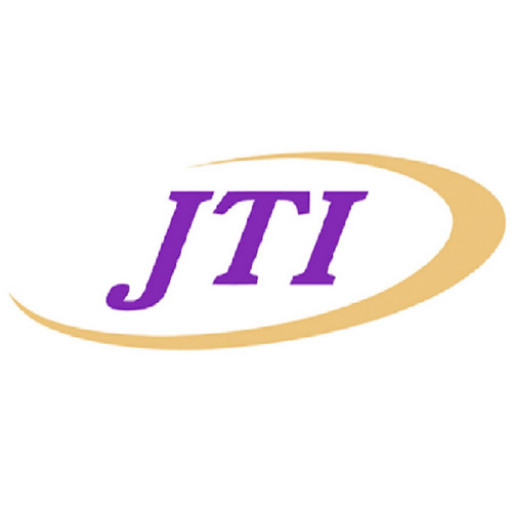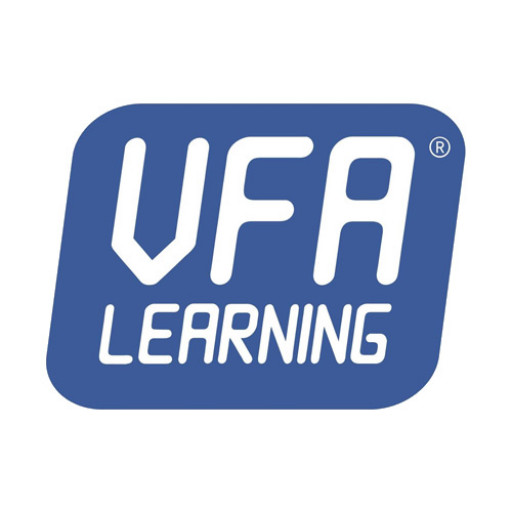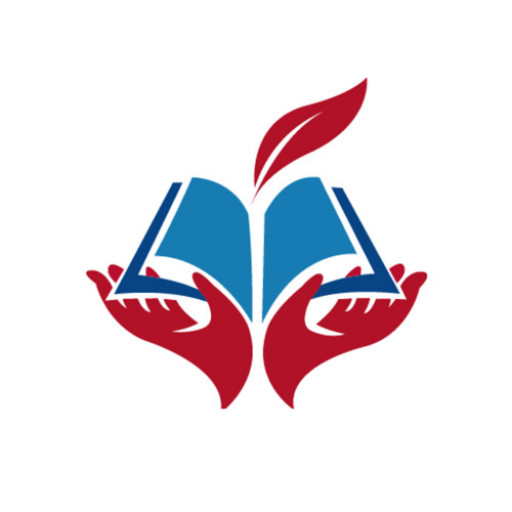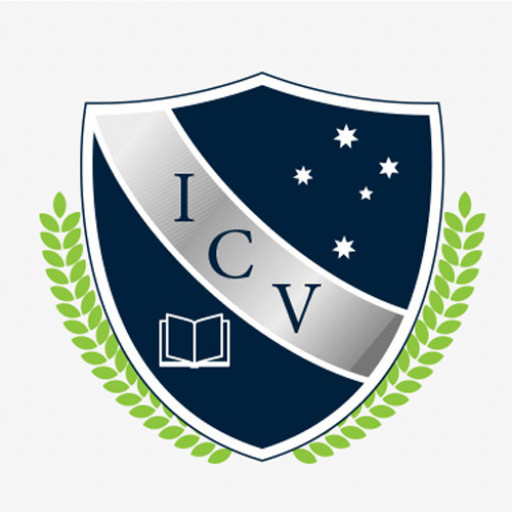Program Overview
The Diploma of Early Childhood Education and Care at Chisholm Institute provides students with comprehensive training and essential skills necessary for a rewarding career in the early childhood education sector. This program is designed to prepare graduates to work confidently with young children, their families, and communities, supporting their development and well-being through quality care and education services. Throughout the course, students will explore a wide range of topics including child development, educational theories, planning engaging activities, effectively communicating with children and families, and understanding legal and ethical responsibilities associated with early childhood settings. The program emphasizes practical experience, ensuring students gain hands-on skills through supervised work placements in approved early childhood centers, which are integral to the learning process and professional readiness.
By undertaking this qualification, students will develop a deep understanding of the importance of nurturing environments that promote infants' and young children's physical, social, emotional, and cognitive growth. The course covers key areas such as implementing early childhood curriculum frameworks, supporting inclusive practices, and ensuring health, safety, and wellbeing of children. Graduates will be equipped to work in diverse settings including long day care centers, preschools, family daycare, and community-based early childhood programs. The diploma also serves as a pathway to further study at advanced levels, enabling students to pursue careers in early childhood management, education leadership, or specialized educational roles.
Chisholm Institute's program is recognized for its adherence to industry standards and commitment to quality education. The curriculum is delivered by experienced educators dedicated to fostering a supportive and engaging learning environment. Upon successful completion, graduates will hold the necessary skills and knowledge to make meaningful contributions to the lives of children and their families, promoting positive outcomes and lifelong learning principles. Whether starting a new career or enhancing existing skills, this diploma offers a solid foundation for aspiring early childhood educators committed to making a difference in young children's lives.
The Early Childhood Education and Care program at Chisholm Institute is designed to equip students with the essential skills and knowledge required to work effectively with young children in a variety of educational and care settings. This comprehensive course covers a broad range of topics, including child development, health and safety, nutrition, and learning materials preparation, ensuring graduates are well-prepared to support early childhood learning environments. Throughout the program, students will gain practical experience through hands-on placements in licensed early childhood settings, allowing them to apply theoretical knowledge in real-world contexts. The curriculum emphasizes the importance of fostering positive relationships with children, families, and communities, promoting inclusive practices, and adhering to regulatory standards. Students will explore developmental milestones, behavior management strategies, and the importance of play-based learning to support children's growth and development. The program also includes training in first aid, emergency response, and implementing inclusive practices for children with diverse needs. By completing this course, graduates will be eligible for employment as early childhood educators, childcare workers, or preschool assistants. Chisholm Institute's innovative teaching methods, industry connections, and focus on practical skills make this program an excellent pathway for those passionate about making a difference in young children's lives. Upon graduation, students will be equipped with the qualifications needed to work across a variety of early childhood education and care settings, including long day care, family day care, and preschools, contributing positively to children's learning experiences and overall well-being.
Program requirements for the Diploma of Early Childhood Education and Care at Chisholm Institute, TAFE VIC, typically include several key prerequisites and criteria that applicants must meet to be eligible for admission. Firstly, prospective students are generally expected to have completed Year 12 or an equivalent secondary school qualification. Additionally, proof of Australian Residency or a valid visa allowing study in Australia is usually required. Applicants should demonstrate a genuine interest in early childhood education, which may be assessed through interview or personal statement processes. It is also common for the program to require a valid Working with Children Check, which involves a police background check to ensure suitability for working with minors. Some campuses or courses may further ask for relevant work experience in childcare or related fields, though this is often not mandatory. Completion of a language proficiency test, such as IELTS, may be necessary for international students to ensure adequate communication skills—typically, an IELTS score of at least 6.0 overall with no band less than 5.5 is standard, depending on specific requirements. As part of the application process, students might need to provide academic transcripts, proof of identity, and health records, including immunization status, to ensure they meet health and safety standards. Furthermore, applicants are advised to familiarize themselves with Chisholm's policies on student conduct and health and safety protocols, including compliance with COVID-19 vaccination requirements if applicable. The program emphasizes practical work experience, so candidates should be prepared to undertake placements in childcare settings, which may necessitate additional screening or orientation sessions. Lastly, the program may require students to complete a literacy and numeracy assessment to confirm their readiness for study at diploma level. Overall, prospective students should carefully review specific entry criteria outlined by Chisholm Institute for the most accurate and up-to-date information before applying.
The financing of the Early Childhood Education and Care program at Chisholm Institute is structured to support students through a range of financial assistance options. As a TAFE institution in Victoria, Chisholm offers various funding opportunities tailored to ensure accessible education for domestic students. Commonwealth supported places (CSP) are not typically available for TAFE courses, including this program, meaning students usually pay the full fee unless they are eligible for government concessions or discounts.
Victorian students may benefit from the Skills First Funding program, which subsidizes the cost of vocational education and training (VET) courses, including early childhood education programs. Under this scheme, eligible students can receive a government subsidy that significantly reduces tuition fees for eligible courses, making vocational education more affordable. To qualify, students generally need to meet specific criteria such as residency, age, or prior education status. The exact subsidy amount varies depending on the course and the student's circumstances, but it generally covers a substantial portion of the tuition fee, lowering the financial barrier to entry.
In addition to government subsidies, students often utilize financial assistance options such as VET Student Loans, though these are usually limited to higher-level qualifications. For diplomas and advanced diplomas, like the ones offered at Chisholm, VET Student Loans may be accessible, allowing students to defer payment for their course fees and repay through income tax once earning above a certain threshold. However, specific eligibility and application procedures need to be followed, and students are advised to consult Chisholm's financial aid services.
Furthermore, scholarships and bursaries are occasionally available through Chisholm Institute and external organizations to support students financially. These are awarded based on merit, financial need, or specific criteria such as Indigenous status or disability, and can provide partial fee waivers or assistance with study materials and living costs.
Students are also encouraged to explore external financial support options, including government assistance programs like Youth Allowance, Austudy, or the Higher Education Loan Program (HELP), depending on their eligibility. Some students may also choose to fund their studies through part-time work, personal savings, or family support, which is a common approach given the ongoing costs associated with vocational education.
Overall, the financial support landscape for the Early Childhood Education and Care program at Chisholm reflects a combination of state and federal initiatives designed to promote equitable access to vocational training. Students are advised to contact Chisholm Institute's financial aid office for detailed, personalized information and to remain updated on any changes to funding policies or new opportunities that may arise. The program's costs and available subsidies are subject to change annually, and prospective students should review recent documentation or official resources for the most current information.
The Early Childhood Education and Care program at Chisholm Institute is designed to prepare students for a rewarding career working with children in early childhood settings. This program provides essential skills and knowledge required to support the development and well-being of young children, including their cognitive, emotional, social, and physical growth. Throughout the course, students will learn about child development theories, communication techniques, and effective teaching practices suitable for children from birth to school age. The curriculum emphasizes practical skills, with opportunities to undertake work placements in licensed early childhood education and care settings, allowing students to gain real-world experience before entering the workforce.
Students will also explore frameworks and policies governing early childhood education, ensuring they understand their legal and ethical responsibilities. The program covers a variety of topics such as designing engaging learning environments, supporting inclusive education, and managing health and safety in childcare environments. The course is delivered through a combination of classroom learning, online modules, and hands-on practical training, ensuring students develop a comprehensive understanding of the field.
Upon successful completion, graduates will be qualified to work as early childhood educators, childcare workers, or similar roles within preschools, daycare centers, and other early childhood settings. The program aligns with national standards and qualifications, providing pathways for further studies or professional development in the sector. The emphasis on practical skills coupled with theoretical knowledge aims to prepare students for the demands of working with diverse groups of young children and their families.
Chisholm Institute's reputation for quality vocational education, experienced teaching staff, and industry connections support students throughout their learning journey. The programme is ideal for individuals passionate about early childhood development, education, and care, looking to start or advance their careers in this vital sector. Students will emerge equipped with both the skills and confidence to contribute positively to the lives of children and to establish a foundation for lifelong learning and development.
Please note that this description is based on typical offerings for similar early childhood education programs at Chisholm Institute, and specific details may vary.


